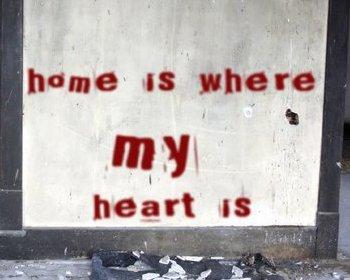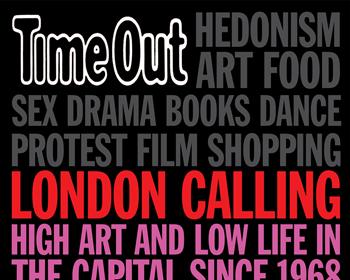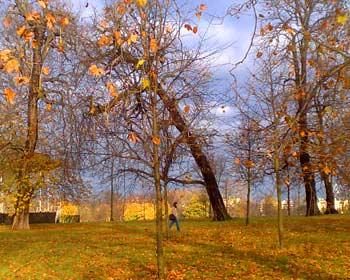With films it’s the could-have-beens that frustrate the most; the
also-rans you want to mangle into different shapes; the lame ducks you
want to cure rather than shoot. Terrible films aren’t worth the mental
energy. Great films come complete with dust and rough edges –
imperfections that you wouldn’t change if you could. Regrettably, The
Skeleton Key promises an unusual take on staid material – think The
Others stripped of its icy class – but then ultimately unravels as you
realise, once again, there’s nothing in the box.
Wonky Britney Spears-alike nurse Kate Hudson is hired to help out
stroke victim John Hurt and his wife Gena Rowlands in their New Orleans
mansion. With its damp textured walls, mysteriously locked attic room
and abundance of creepy ornaments the house practically screams
haunted, and the look on Hurt’s face suggests he’s seen horrors extreme
enough to blow every fuse in his brain.
So far, so intriguing. The New Orleans locations are striking in their
emphatic oddness (one of the major strengths of Japanese horror films),
even insofar as they deliberately avoid portraying a fictional America
already over-represented on film. British director Iain Softley
navigates the clichés (swamps, spooky blind ladies, huge black men
eating clams) with the fresh eye of an Englishman abroad, and
restrained hints of voodoo and supernatural interference mean the film
becomes more rather than less interesting as we – and Hudson – try and
work out what’s going on.
Unfortunately the short answer is: bugger all. The eponymous skeleton
key is of no great plot relevance, the house’s half-glimpsed ghosts
mostly remain that way and the film that could have been – the story of
a disabled man tormented by spirits he can’t even run away from – fails
to materialise. Indeed, beyond an unsettling dream sequence and a
brilliant jittery flashback to the house’s chequered past, precious
little actually happens until the underwhelming reversals of the climax.
What holds the attention throughout, however, are the three central
performances. Hudson has an engaging unshowiness about her, and her
character avoids making the sort of embarrassing movie errors that have
you shouting at the screen. Rowlands is a force to be reckoned with, a
Stephen King antagonist with watery eyes that might smile or cry at any
second. Meanwhile Hurt, one of our greatest screen actors, looks like
death itself – all facial contortions and moon surface skin – and his
silent, anguished presence fills in the gaps in the story with
unstudied dread.
While it may be churlish to expect a narrative to follow our
preconceived notions of what will scare us, Ehren Kruger’s script works
so hard to turn left when we expect to turn right that the journey no
longer makes any sense, and watching the film becomes as disappointing
as seeing your fieriest friends settling down into grim suburban
compromise. If The Skeleton Key were dumb you wouldn’t care, if it were
scary you wouldn’t mind, but the middle ground is a desperate spot to
occupy in the cinema of moments.


